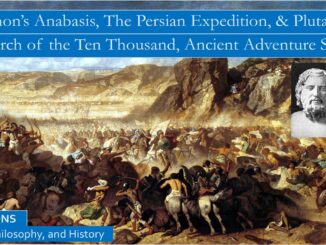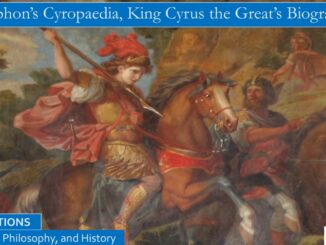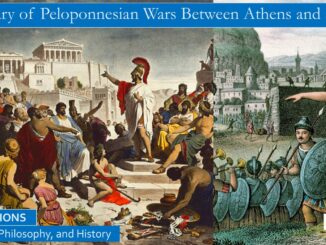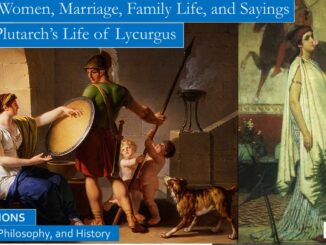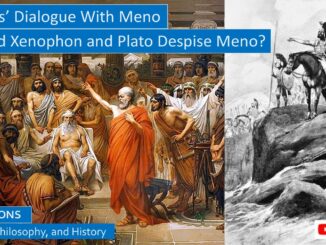
Meno, a Socratic Dialogue. Why Did Xenophon and Plato Despise Meno? How Did Meno Die?
Xenophon, in Robin Waterfield’s translation, remembers:
“It was obvious that Meno longed to be rich; he wanted military command because it would bring him a greater share of the spoils, he wanted prestige because it would help him increase his wealth, and he wanted to be on good terms with the most powerful men because then he could avoid being punished for his crimes.”
Xenophon continues, “Meno thought that the quickest way for him to achieve his goals was to use perjury, lies, and deceit. In his opinion, openness and truthfulness were synonyms for stupidity. He evidently felt no affection for anyone, and if he claimed to be somebody’s friend it soon became clear that he was trying to sabotage him.”
Xenophon said that “Meno was frightened of people he found breaking promises and committing crimes, because he regarded them as well protected, and he tried to exploit people who were moral and honest because he regarded them as weak.” […]






